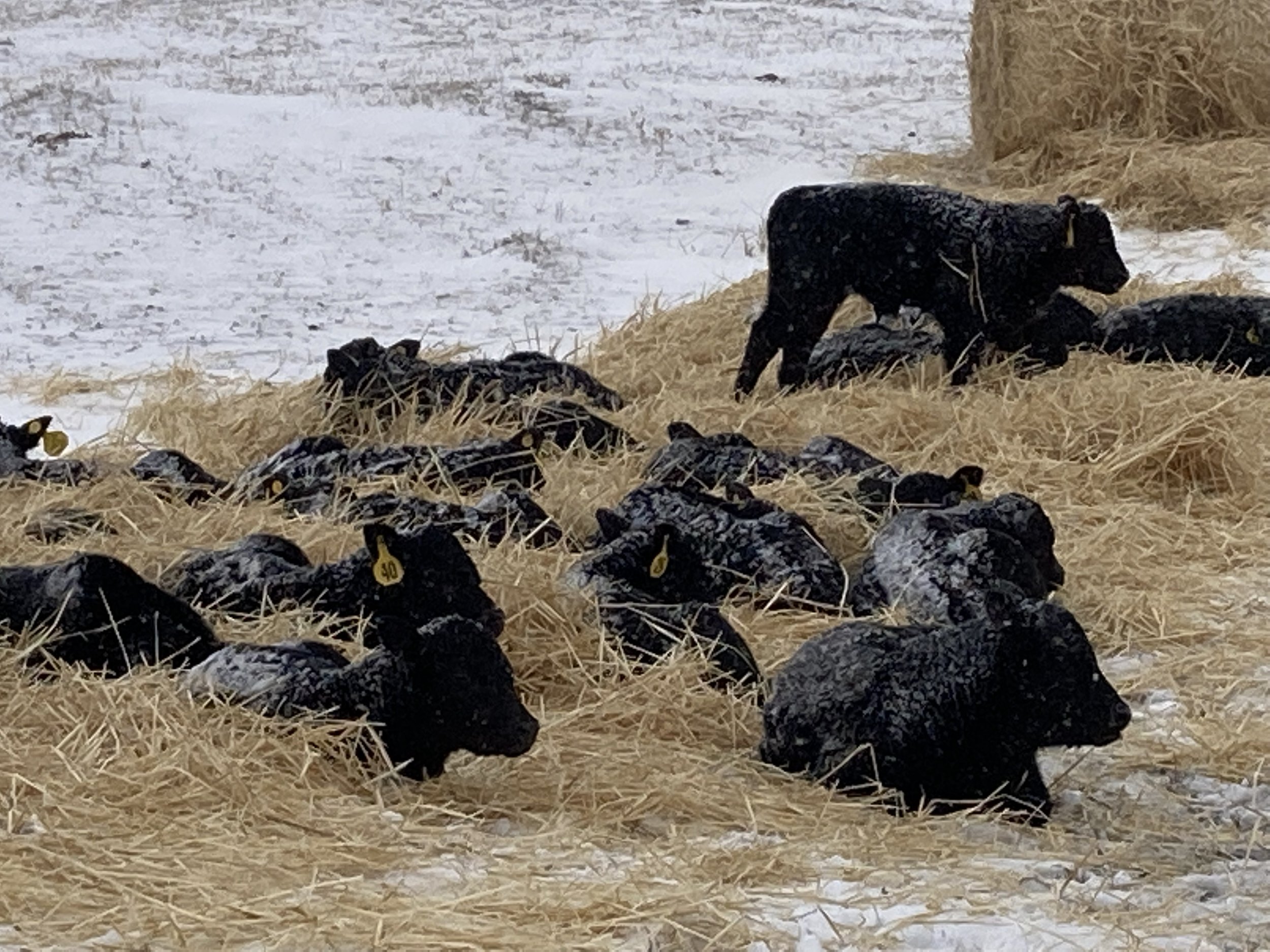Drought Reset
Years ago, my mom and I floated the Grand Canyon.
As the tour began, the guide told us that the signs of dehydration are grumpiness and a headache. Even though we were surrounded by rushing water all day, we needed to watch out for dehydration.
That evening, my mom declared that she wouldn’t be so grumpy if she didn’t have such a bad headache.
I brought some water for her.
Quickly.
At the ranch, my grass has a headache.
I can’t bring it enough water.
I knew this drought would come at some point.
I’ve been preparing for the last five years – learning how to improve my soil so it can feed my grass, building fences and developing water sources so I can allow more of my grass to grow and even save some for next year, and experimenting with ways to move livestock and spreading nutrients better.
I’ve been improving my grazing system.
But my systemic changes have come too slowly.
I needed more and faster.
Now, as a crisis has caught me, as soil moisture in the area is about 20% of the normal for this time of year, I need to drastically downsize.
I’m not the only one, but some ranchers already changed their systems so they are not facing a crisis.
One rancher who has a better system said “Drought isn’t the problem. Management is the problem.”
His words hit me in the gut because they are true.
I could have done a better job preparing.
I can’t go back in time to change anything now, though.
Instead, I have to hit my reset button, find a way to succeed from where I am.
I have some ideas. I will sell many of the cows and sheep this year. They deserve to be fed and I can’t feed them.
As I rebuild my herd in the next three or four years, if I have extra grass I can rent it to other ranchers.
I will develop other income streams and improve my grazing system, too, so I reduce my risk before the next drought.
Hitting the reset button is not the exclusive domain of ranching.
All of us must hit the reset button sometimes.
A discouraging health diagnosis proves we can’t keep living the way we have been.
A recession forces us to admit our assumptions about work are no longer are valid.
Supply chain delays and inflation make us reassess what we will cook for supper or which car we might buy.
Education’s propensity to allow too many kids fall between the cracks of learning is a major crisis.
These are systemic quandries that force individuals to find solutions because the system won’t solve them.
Drought, a health diagnosis, inflation and education are not my fault or yours, but it is up to each of us to push the reset button during a crisis and find solutions within a faulty system because it is too late to change it right now.
Still, it is important to improve the system before the next crisis.
The health care industry mightily resists both financial and quality control transparency so it is up to us to battle like Ukrainians to insist on a better system.
American businesses need to establish backup supply chains.
Or two.
Our education system needs to use modern teaching methods, recruit non-traditional teachers and pay them what they are worth so kids quit growing into adults who lack the skills they need.
And I’ll double-down to insulate my ranch from the next drought, both financially and by growing more grass.
A crisis forces a person to reset.
Also, a crisis should force a system to improve.
Otherwise, we all suffer in vain, hopelessly waiting for the next crisis.
